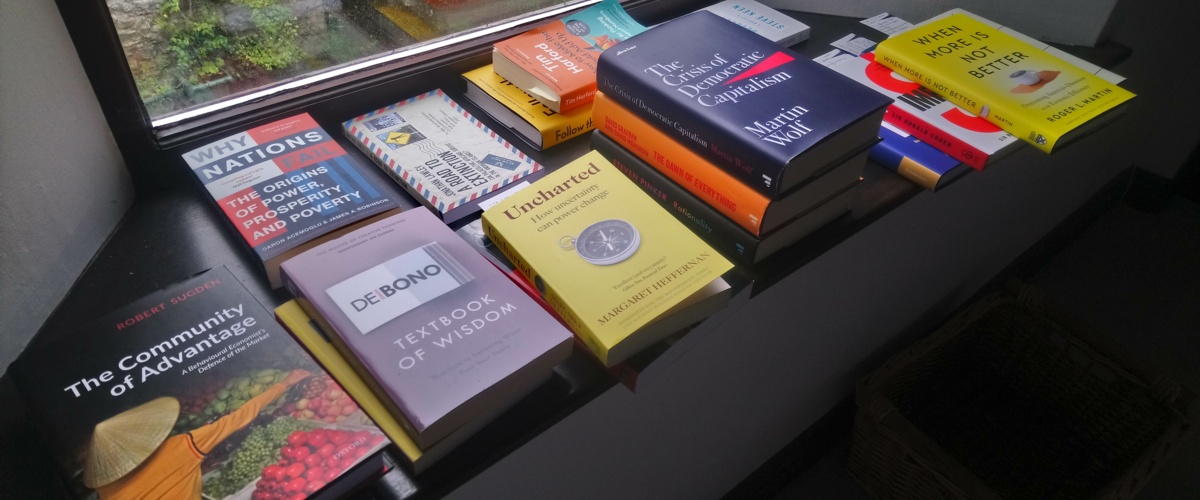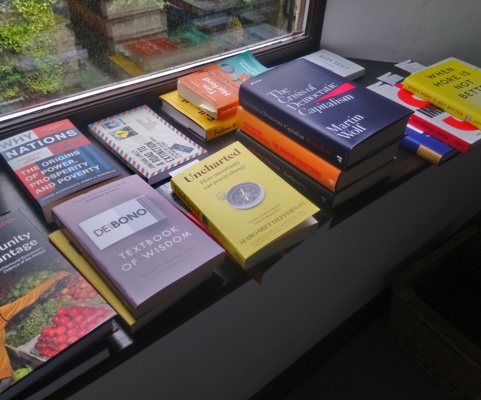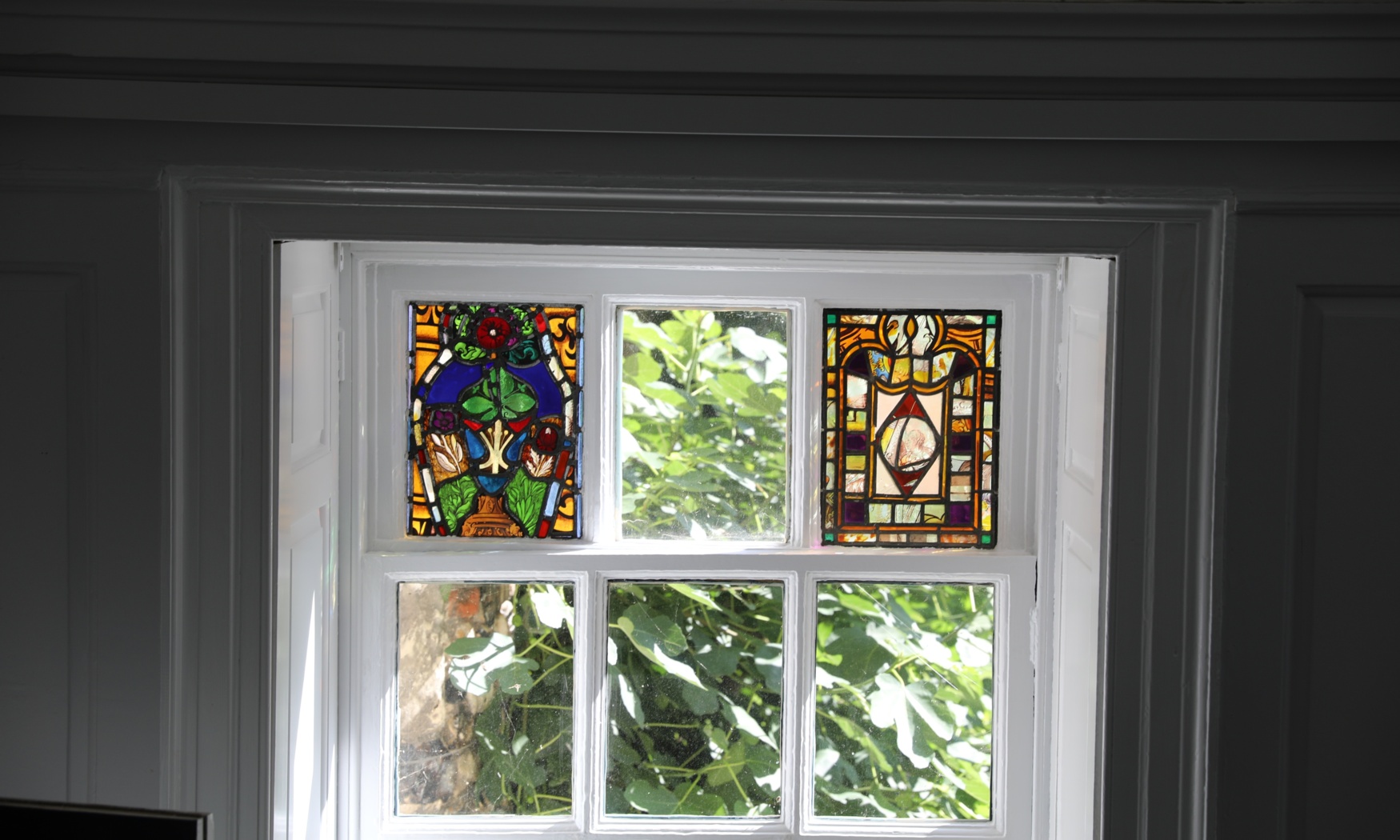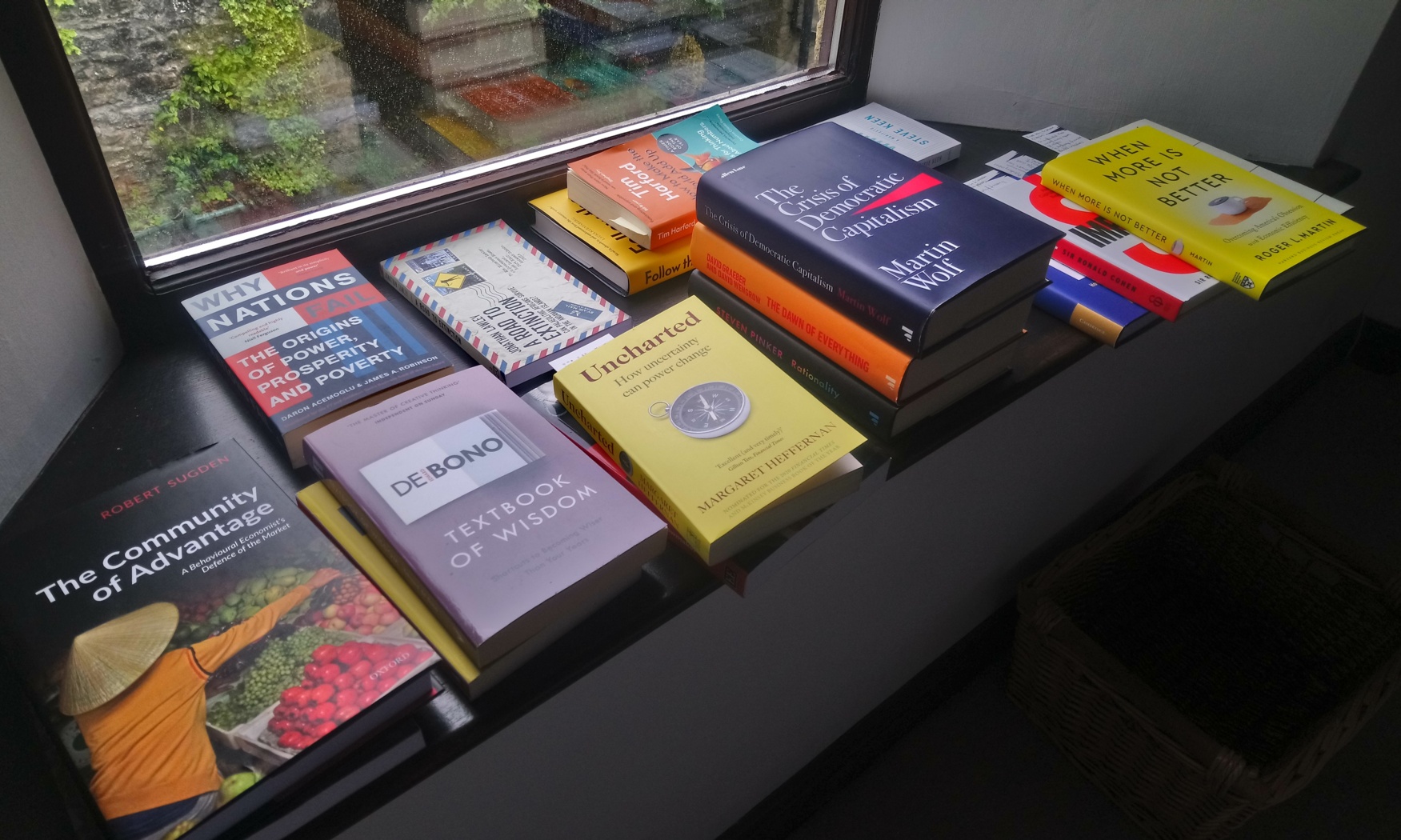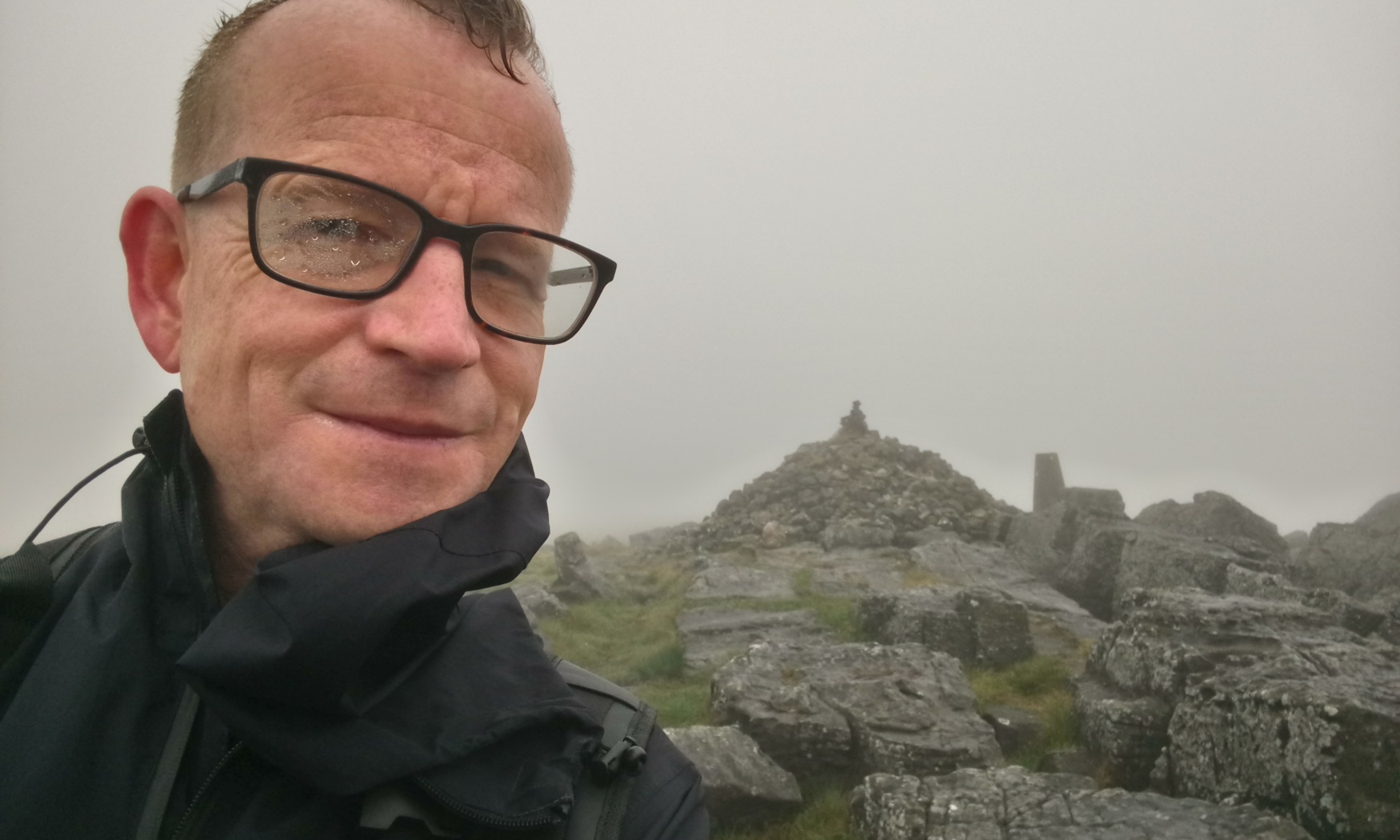Last summer, a few staff members undertook a sabbatical in order to develop themselves both intellectually and personally. Norwich School would like to congratulate our staff members on partaking in such an enriching experience and it is with this that we hear from them personally about what they have learnt.
Head of Economics, Business and Politics, Tom White, tells us about his sabbatical below;
"I am responsible for ‘A’ level teaching in Economics, Business and Politics and was fortunate to take a sabbatical that began in mid-June, starting as an academic visitor at UEA. I spent a month at university and carved out a period of deliberate seclusion to focus on reading and reflection. I came back to school at the start of the summer holidays and enjoyed working for several weeks on the refurbishment of Number 68 The Close. The whole experience was a fantastic punctuation point after thirty years of classroom teaching and has helped to refresh and inspire me for the years ahead.
One of my goals at UEA was to understand the undergraduate experience in Economics (in the ECO faculty) and Business (NBS). I was keen to pose the question ‘What is Economics?’ to working academics, and to investigate why in England the subject has a male bias. I had a rare opportunity for deeper reflection and reading to answer my own questions about the social purpose of academic enquiry and its relevance to contemporary problems. From a practical perspective I also wanted to come away with contacts and lesson ideas.
Before lunch on my first day, I had watched PhD discussions about research being prepared for publication and held conversations that ranged across a kaleidoscope of ideas. I really enjoyed the sensation of being the learner and trying to remind myself of concepts while processing new ideas. Some of the experience was a bit intimidating but I also spent afternoons bouncing between the book stacks in the library feeling reassured that this is an intellectual domain that I do understand, enjoy, and am privileged to teach. I am very grateful to the many people who have shown me the way.
I haven’t been as effective as I would like to be in encouraging young women into economics. I started out thinking that they are deterred from the subject by visions of City trading rooms and an impression that the subject is ‘too mathematical’. I changed my mind after being reminded of the strong recruitment of women on to STEM subjects at undergraduate level. An advantage of the diverse international backgrounds of ECO is the realisation that the ‘women in economics problem’ is culturally specific to England and a lack of role models was cited several times as the key issue. I am determined to stress that economics is about decision making and emphasise that the key determinant of success is hard work rather than ‘talent’.
I was able to get a much clearer picture of a what a career as a professional economist looks like, from the choice of public facing or finance roles to the split between academia versus government and central banks. I was very impressed by the intellectual diversity in ECO and the bewildering range of research across a huge variety of topics, alongside its specialisms in experimental economics and competition policy.
Midway through the sabbatical I took a reading week that I spent on my own at Grassington in the Yorkshire Dales. When I am walking, I can experience extended periods of reflection and slow thinking. Each day began with a walk of about ten miles before heading back to base at Mr Bedford-Payne’s house for 4-6 hours of reading and note-taking. I was pleased to make good progress through my reading list, and I had some success cementing good reading habits that I want to sustain into the autumn and winter months. During my week away I had the chance to process some of the conversations I had at UEA, and I prepared questions to investigate on my return.
It was important to include a practical element to my sabbatical so that I would come back to school with ideas for new classroom resources. During my month at UEA I invited the Norwich School L6 Business and Economics pupils to NEWSCI to experience experimental economics for themselves. I am very grateful to NBS and The Enterprise Centre (TEC) who gave me lots of inspiration and classroom ideas. My own reading in Business focusses heavily on ESG and Finance (the impact of business behaviour on society and how commercial activity can be repurposed to achieve social and environment value in addition to profit). I got lots of advice on teaching entrepreneurship and have come away with some terrific new tools to help pupils cultivate creativity.
I wasn’t looking to draw conclusions at ECO and NBS, but happy to leave with fresh insights and new questions. I was impressed by the interdisciplinary role of contemporary economics (e.g., working with medical schools and the crossover with NBS through the Centre for Competition Policy which draws in academics from across Schools at UEA). In much the same way, NBS links to the Law School and much of their work has an interdisciplinary nature. I am much more authoritative and confident when guiding pupils on their routes into university.
I was happy to be back at school over the summer, and switch from scholar to grafter. It took several weeks to box up the contents of Number 68 for the type of clear out that only happens once a career. I will confess that there is a part of my personality that derived a great deal of satisfaction from the rationalisation of the whole building! With rooms all emptied, the scene was set for the Estates team and their trades to commence a complete refurbishment from top to bottom. I am hugely grateful for all their work; it has rejuvenated the building and created clear, open and bright workspaces for Psychology, Art History, Politics, Business and Economics teaching. The speed and efficiency of the Estates team meant teachers had a whole week before the start of term in September to settle back in and prepare for the year ahead.
I was fortunate that my sabbatical was made up of several complementary components that have combined successfully to give me, my colleagues and pupils a catalyst for our work."

